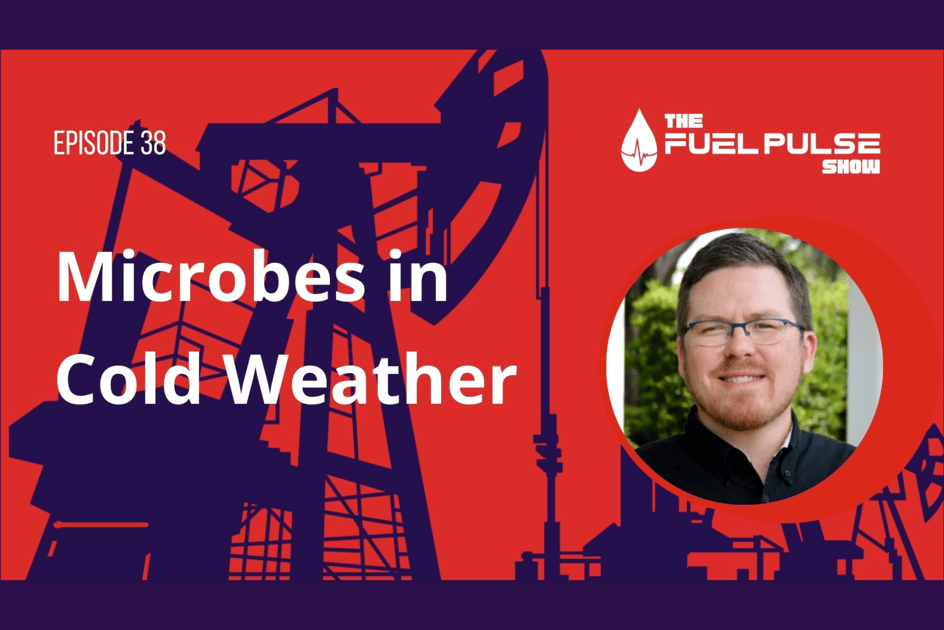Episode 041 – Microbe Myth – Sampling
Quite a few myths are going around the fuel industry when it comes to microbes in fuel and how to deal with them properly. In previous episodes of...

This week, I’ll be continuing the conversation about microbial myths that are common in the fuel industry—and that can cause expensive mistakes. In this episode, you will hear about how microbes work in cold weather. Microbial growth does tend to happen more in the warmer months, so it is often thought that microbes can’t grow in cold weather, but that isn’t true. There are about 1 trillion microbial species on Earth, and we’ve only cataloged about 10 million of them.
There are so many that will grow anywhere and everywhere that we haven’t even fully understood yet, so today I’ll shed light on the different environments that microbes grow in and how to avoid or combat them in colder conditions. Listen in to hear about how adaptable microbes are, where the microbes tend to be found in cold weather, the role of water and condensation in cold temperatures, and more.

Quite a few myths are going around the fuel industry when it comes to microbes in fuel and how to deal with them properly. In previous episodes of...

Today, we’re going to continue our discussion about the properties of your stored fuel, including why those properties matter, what problems could...

1 min read
Knowing when to treat your fuel to avoid temperature-related gelling is key. In this episode, I’ll explain what you need to know about temperatures,...